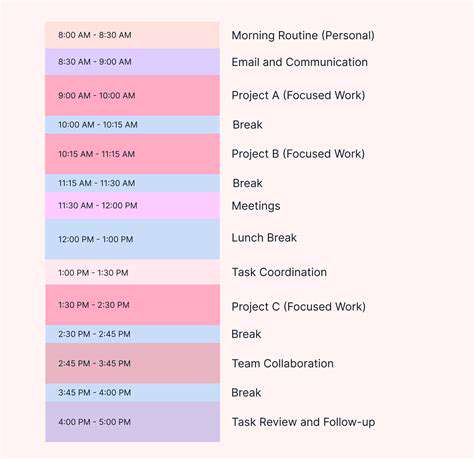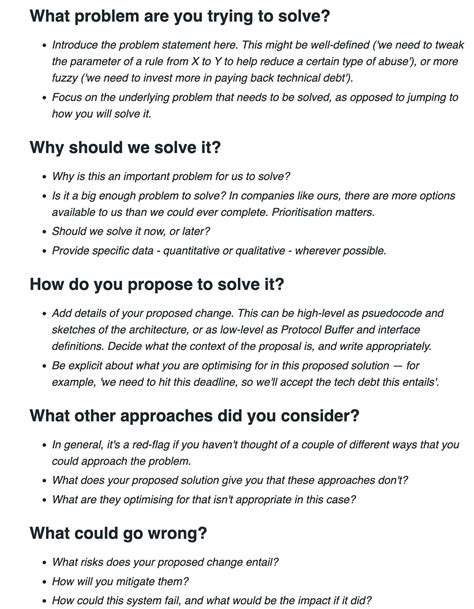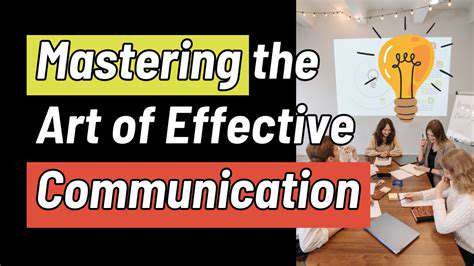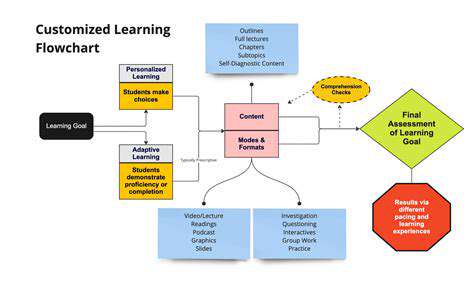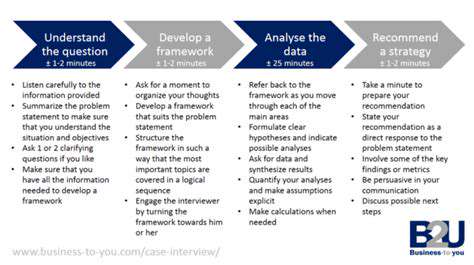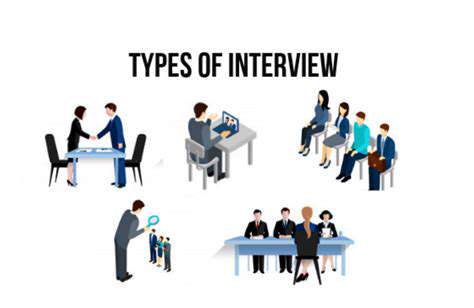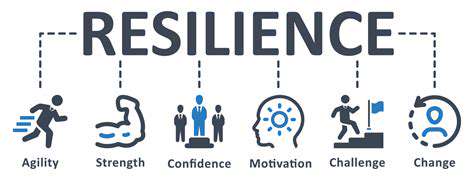How to Deal with Difficult Coworkers
Always use official channels for concerns rather than office gossip. Start with a direct, calm conversation about how behaviors affect teamwork. If that fails, involve HR or management. Remember - the goal isn't winning but creating a better work environment for all.
Successful resolution combines patience, professionalism, and persistence. Keep interactions solution-focused rather than personal. Your consistent, respectful approach often influences others to follow suit.
Communicating Effectively with Difficult Colleagues
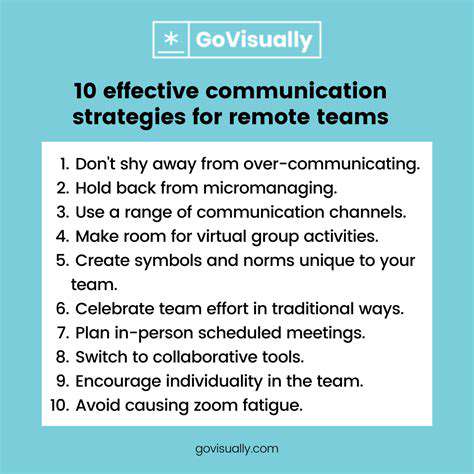
Effective Communication Strategies
Masterful communication forms the bedrock of professional success. Precision in language combined with engaged listening ensures your message lands as intended. Adapt your approach based on audience - consider their role, knowledge level, and communication preferences.
Mix communication methods strategically. Complex information might need visual aids, while sensitive topics often benefit from face-to-face discussion. Match the medium to both message and recipient.
Understanding Different Communication Styles
People process information differently. Some want bullet-pointed emails; others prefer brainstorming sessions. Recognizing these differences prevents misunderstandings and builds rapport. The direct communicator appreciates concise updates, while the reflective type needs processing time.
Active Listening and Feedback
True listening extends beyond hearing words. Notice tone, body language, and what goes unsaid. This deep attention signals respect and creates psychological safety for open dialogue. Paraphrase key points to confirm understanding - What I'm hearing is... goes far.
Overcoming Communication Barriers
Cultural differences, language gaps, and personal anxieties can derail understanding. Proactive measures like simplifying jargon, checking for comprehension, and demonstrating patience bridge these gaps. Sometimes barriers stem from organizational structures - identify and address systemic issues where possible.
Building Strong Relationships Through Communication
Trust grows through consistent, authentic interactions. Share credit generously, address concerns promptly, and show genuine interest in colleagues' perspectives. When conflicts arise, focus on interests rather than positions - What do we both need? works better than Who's right?
Regular check-ins prevent small issues from festering. A simple How's the project working for you? maintains open channels before problems escalate.


